Our leaders must make one final pitch at a compromise to the Indigenous voice to parliament wording for the sake of the nation
After all the work by so many on both sides of politics over recent decades, this Indigenous voice to parliament referendum must shape the nation, rather than leave it to atrophy in fear.
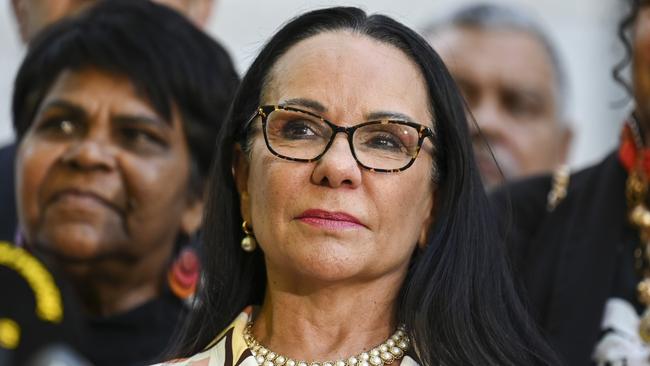
Polls vary, and the campaign proper has yet to begin, but we are looking at the real prospect of the referendum delivering a close result. There could be a narrow victory, or a loss, perhaps even with a majority of voters supporting the voice proposal without a majority of states.
A narrow victory would reveal a nation divided and ambivalent about how to advance reconciliation. But over time it might be broadly embraced.
A narrow defeat, on the other hand, would leave us with division, bitterness and the repudiation of Indigenous aspiration. There would not be a prospective road forward and reconciliation would be off the rails.
That is why our leaders should make one final pitch at compromise as parliament debates the referendum legislation in coming weeks. The hyper-partisan climate makes this extremely unlikely, but we should let our politicians know that we expect better.
Labor trumpeted the voice too triumphantly, and engaged in too little consultation before announcing its plan. The Nationals first, then the Liberals gave in to conservative agitation and abandoned any constructive role long before details were finalised through processes such as the joint select committee on referendum wording.
Little wonder the Labor-dominated committee left the wording exactly as drafted, when the Coalition had already made up its mind to oppose the referendum. The opposition has never proffered alternative drafting in pursuit of common ground; instead it has generated anxiety based on wildly exaggerated interpretations of the proposed wording.
Constitutional conservatism was central in the genesis of the voice and the weight of opinions from a wide variety of legal experts demonstrates there is no legal or constitutional problem with the proposed wording. But perhaps there is a political problem – with so many scares put into the public domain, any effort to provide demonstrable protections in the drafting might help assuage the concerns of undecided voters and guarantee broader endorsement.
Many people have been told repeatedly that this referendum will “inject race into the Constitution” and embed divisions resembling a kind of apartheid. These claims are untrue, the antithesis of reality.
People have been told that the voice would interfere in every level and area of governance and would “gum up” the wheels of government with endless court challenges.
They have been told this would herald a push for Indigenous sovereignty, amount to an “Aboriginal-only parliament” and be an effective veto on elected governments.
None of this is even remotely true for a body that is explicitly restricted to a non-binding, advisory role and that, in every way except its requirement to exist, would be controlled by parliament. But the critics have shown an enduring reluctance to let the facts get in the way of their arguments.
Every ambit claim made in Indigenous affairs, such as the path to treaty in Queensland or push for “blak sovereignty” by senator Lidia Thorpe, is used to discredit the voice. This is egregiously misleading given this activism is happening now, without a voice, and the whole point of the voice is to provide authentic, grassroots Indigenous input where we have too often heard only from ideologues.
That Indigenous Australia’s request on constitutional recognition is only to offer advice – to have its voice heard rather than wield real power – is a generous offer of meaningful reconciliation. For opponents to meet this gesture of goodwill with a stiff arm rather than a handshake, fomenting fear instead of compromise, is the most mean-spirited and divisive politicking we have seen in modern Australian politics.
The argument now goes beyond legal technicalities. We can and should accept what former chief justices of the High Court, most constitutional scholars, leading lawyers, barristers and the Solicitor-General have made plain – that the current wording is constitutionally safe and will not lead to ever-expanding powers, lawfare and governmental gridlock – but that might not be enough to reassure the public.
What needs to be considered now is the aspect the select committee specifically ignored. In its final paragraph the majority report says the committee “does not consider it is required to form a view on the degree to which the words, or an amendment thereof, would lead to a successful referendum”.
They are satisfied the wording will work. But they have not considered whether it could win the support of voters.
This is precisely what must be considered now by advocates for the voice. If there is no further amendment the scare campaigns will continue to focus on febrile exaggerations about how “executive government” could be leveraged in future lawfare.
Strangely, and wrongly in my view, Anthony Albanese and Indigenous Australians Minister Linda Burney have not strongly rebutted the scare campaigns in public debate. They want to appeal to our better angels and advocate for Yes above the noise – a bit of political triangulation – but this is risky because unless hysterical attacks are exposed and debunked, they can win currency, especially in this fractured digital media age of silos and algorithms.
After being intimately involved in the voice proposal for the best part of a decade and resigning as opposition Indigenous Australians spokesman so he can campaign for the Yes case, Julian Leeser proposes scrapping the second clause of the constitutional amendment that says the voice would “make representations” to parliament and “executive government” on “matters relating” to Indigenous Australians. Deleting this prescriptive clause would eradicate any doubt about parliamentary supremacy – the High Court could never be asked to rule on the scope of representations, executive government or matters relating if those words are not included in the Constitution.
The parliament would be obliged to have a voice, that is all. Its powers and scope would always be within the remit of our elected representatives, and they could be expanded and contracted across time depending on needs, practicalities and parliamentary whim.
The truth is this would occur under the current wording anyway. But Leeser’s contraction makes this unarguable – it kills off the scare campaign for very little tangible loss.
If the Coalition offered support for the referendum on the back of this change you would take the deal in a heartbeat, and the referendum would pass with a two-thirds majority. But there is no suggestion this would move the Coalition.
Compromise has not been their way; they started with a reasonable call for detail, but then descended into running interference.
This could be a mistake of historical proportions for the Liberal Party. If the referendum succeeds the party will be relegated to irrelevance for an extended period, but if it fails, the Liberals will be left, empty-gutted, in the smoking ruins of a Pyrrhic victory.
Voice advocates need to move on from party politics and think about the voting public. If amendments to the wording can remove the focus of most of the No campaign’s objections, it will smooth the path for Yes votes.
Without scares over “executive government” or “matters relating” the No campaign would be forced to address the substance of their position – that they do not want Indigenous Australians to have a constitutionally enshrined voice. This is a thin argument when they have already endorsed the need to legislate local, regional and national voices.
The No campaign would be left running what is one of the most pathetic arguments ever run by people claiming to be conservatives. They have adopted a tactic they are supposed to abhor: the postmodern progressive desperation for victim status.
No campaigners seriously propose that the victims here would be non-Indigenous Australians. They argue that trying “close the gap” on Indigenous welfare and opportunity by giving Indigenous people a non-binding say on matters that affect them will somehow give them an armchair ride, an unfair advantage, harming the rest of us.
Seriously? This is quite perverse. Removing disadvantage can only make the entire country stronger and more united.
True conservatives have every right to demand constitutional caution, and many have made sensible contributions, but really, those who want to suggest that a tiny minority who are the most disadvantaged cohort in the country are about to lord it over the rest of us really ought to get a grip.
There are many and varied ways to change the modelto kill off the scare campaign. Additional wording could be inserted after “executive government” making clear it would be defined by the parliament. Unnecessary, sure, but the clarity could kill off shrill attacks. There is a neat precedent for this approach in the Victorian Constitution under its Recognition of Aboriginal People chapter. It ends with an exclusion clause stating the section does not create “any legal right or give rise to any civil cause of action”, nor does it affect the interpretation of other laws.
While constitutional lawyers often prefer to use as few words as possible, this level of clarity about what the voice does not do may be needed to save the project. If the Prime Minister holds firm with no changes he could see the voice thwarted – the only hope would be that mainstream voters prove themselves to be calmer and more sensible than those leading the debate, as they did in the gay-marriage plebiscite.
Albanese and Burney should seriously consider working on amendments with senior Indigenous leaders and Leeser. Within weeks it will be too late.
The desired outcome is constitutional recognition through the enshrinement of an Indigenous voice. This would provide a practical reform and watershed moment for the nation, with current and future parliaments given full discretion as to how it would operate.
My preferred approach would be to repeal the redundant section 25, amend section 51 xxvi (the “race” power) to become an Indigenous affairs power, and add the voice. This would enable the referendum to both deliver the voice and eradicate race from the Constitution.
But no one gets exactly what they want in matters that shape the nation. And after all the work by so many around the country and on both sides of politics over recent decades, this referendum must shape the nation, rather than leave it to atrophy in fear and hard-heartedness.


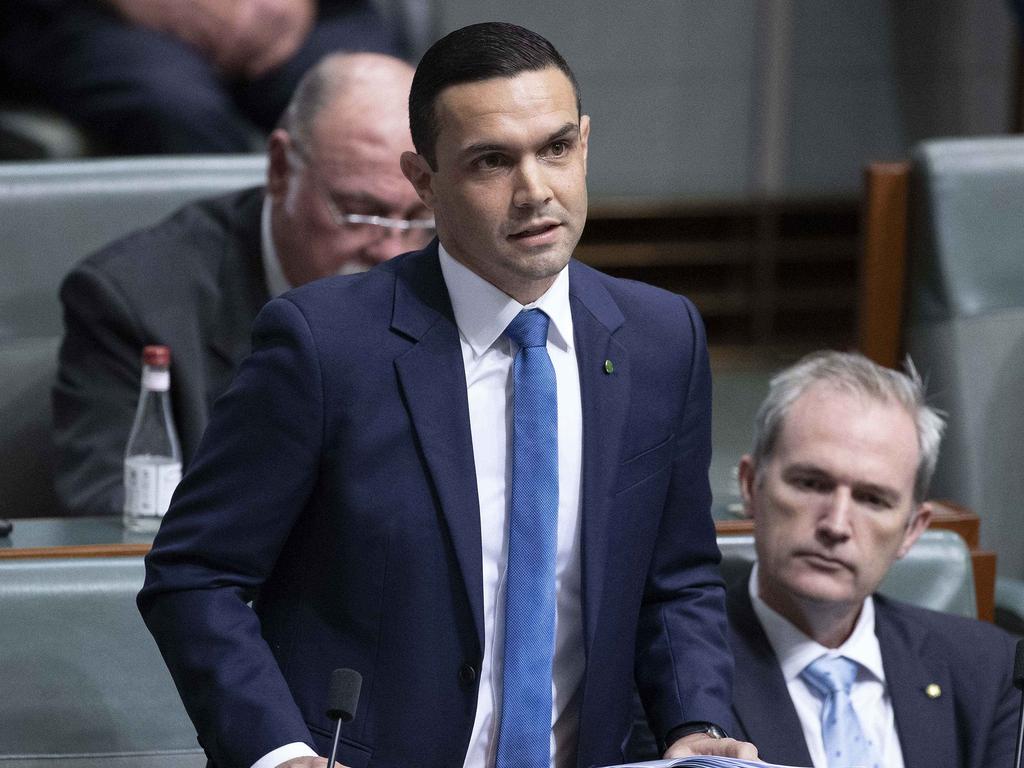
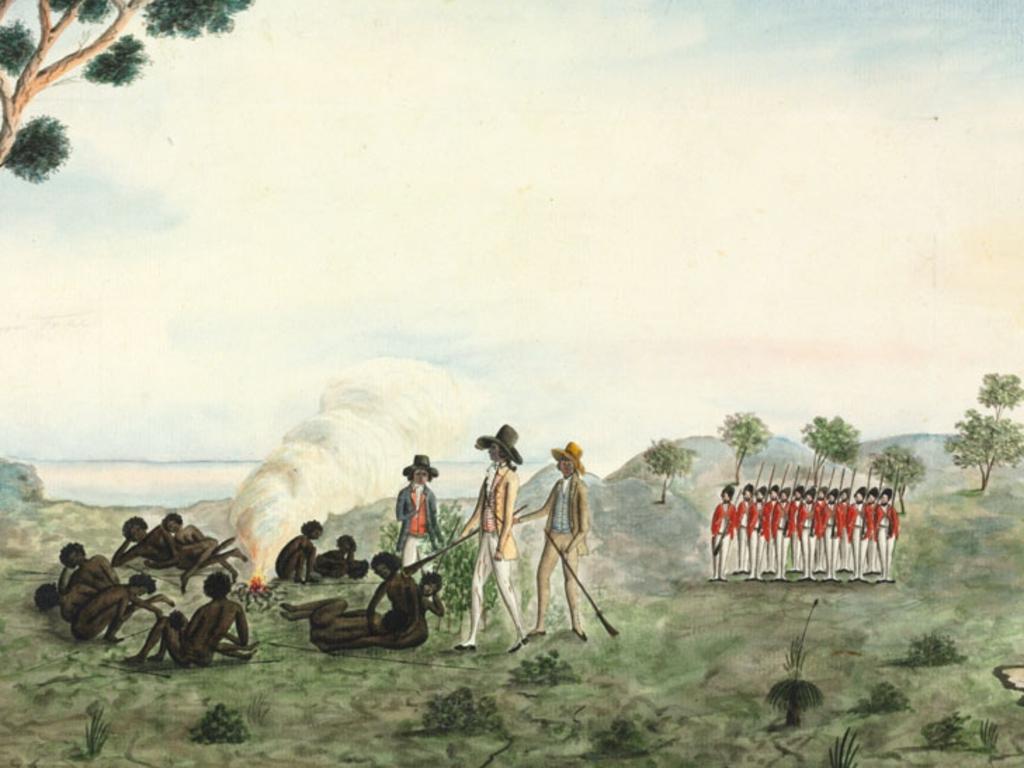
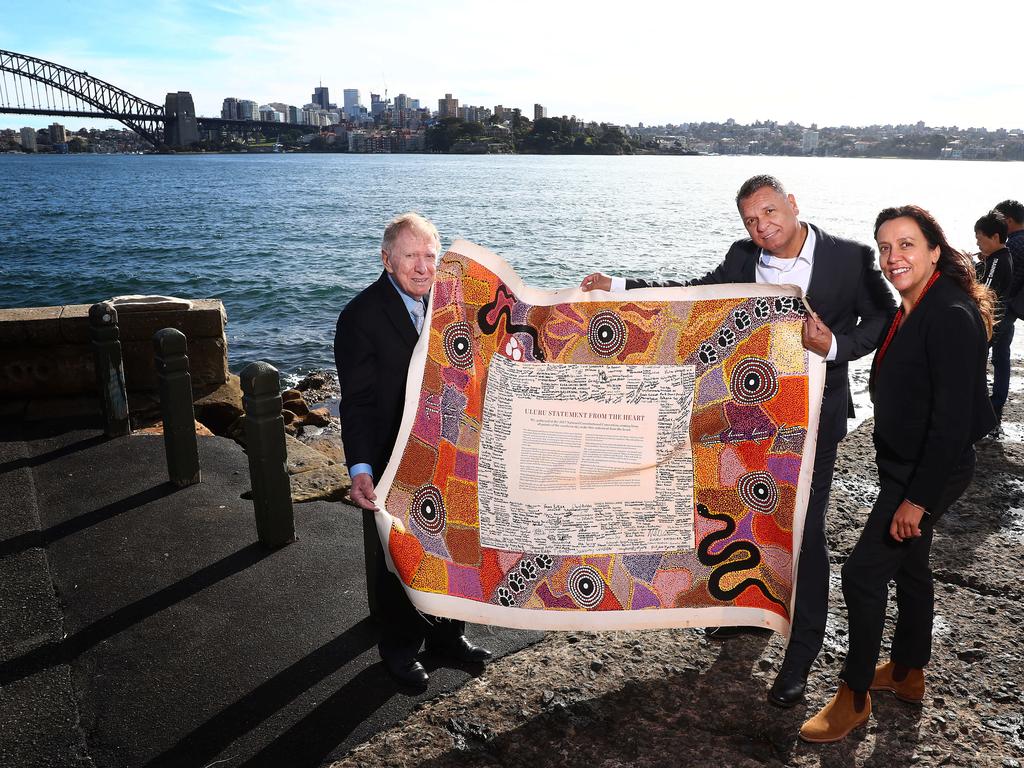
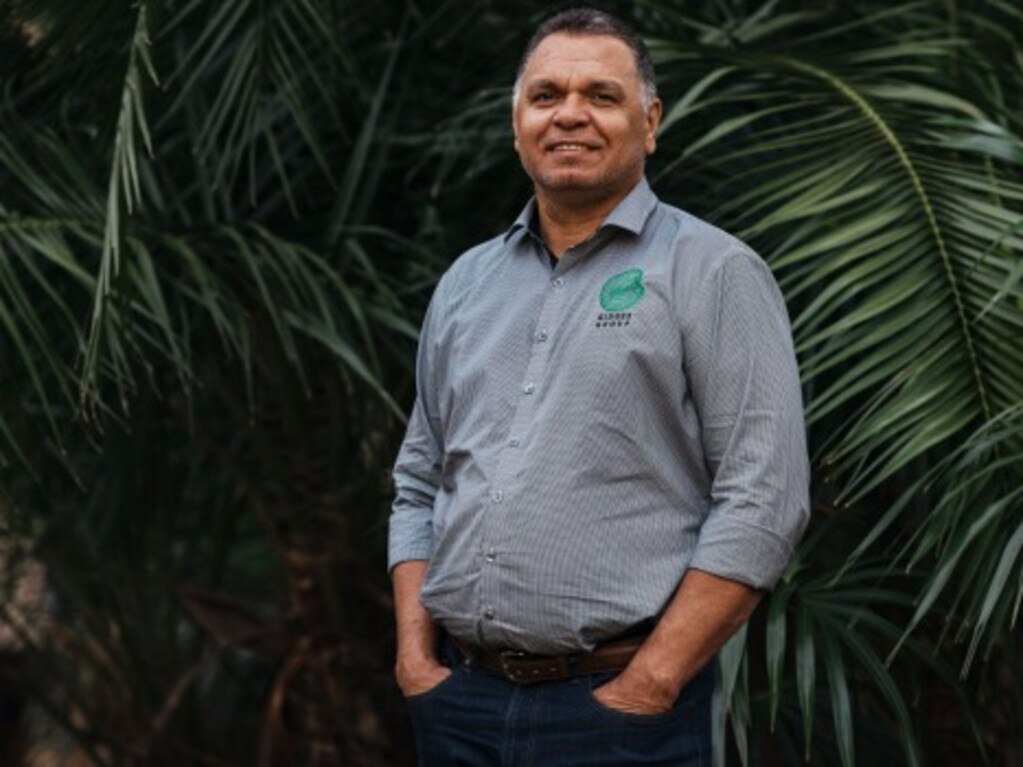


At a time when Australia is swamped with economic and security challenges, and the public square, such as it is, has all the attention span and substance of Twitter, voters confront a historically heavy responsibility in forging our national story. This country needs to avoid national self-harm on Indigenous affairs over the Indigenous voice to parliament.